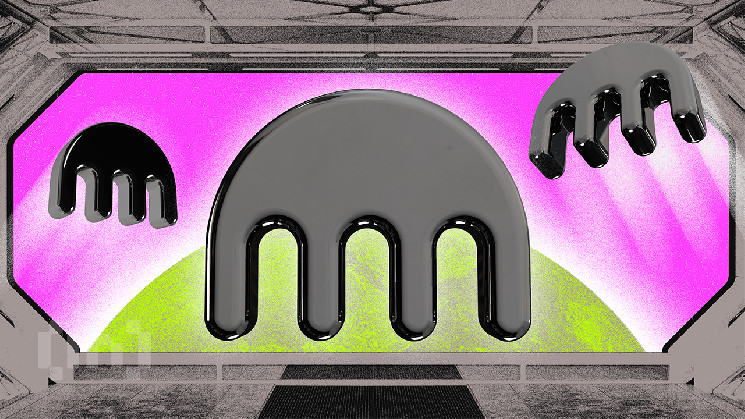[ad_1]
Crypto exchange Kraken has dismissed rumors about delisting Tether’s USDT stablecoin for its European users.
Kraken’s Global Head of Asset Growth and Management, Mark Greenberg, clarified this in a May 18 post on X (formerly Twitter).
Kraken to Continue Listing USDT in Europe
BeInCrypto reported that Kraken was considering ceasing support for USDT in the EU if the stablecoin fails to comply with the forthcoming Markets in Crypto-Assets (MiCA) regulations, set to take effect in July.
This regulatory framework is designed to provide clear guidelines for crypto asset developers and service providers. It ensures adherence to Anti-Money Laundering (AML) and Counter-Terrorism Financing (CTF) regulations.
The news sparked reactions within the crypto community. They pointed out that USDT is the largest stablecoin and among the most traded digital assets in the industry. Tether has a market cap of over $110 billion, representing about 69% market share.
Read more: Kraken Review 2024: A Review of Its Security and Features

Tether’s USDT Market Capitalization. Source: TradingView
However, Greenberg has addressed these concerns, stating that the platform intends to maintain support for USDT in Europe. He emphasized the value of USDT for European clients, adding that Kraken was exploring all options for offering USDT under the new regulatory regime. Regarding the MiCA regulations, Greenberg also affirmed that Kraken will comply with all legal requirements, even those with which they may disagree.
“We know our European clients value access to USDT and we continue to look at all options to offer USDT under the upcoming regime. We will of course follow all legal requirements, even those we disagree with. But the rules are not finalized yet and we continue to do everything we can to continue to offer all relevant stablecoins to our European customers,” Greenberg added.
While the crypto community welcomed MiCA’s regulatory clarity, industry figures like Tether CEO Paolo Ardoino have reservations. Ardoino highlighted the need for stablecoin issuers to avoid uninsured cash deposits. Instead, he advocates for maintaining 100% reserves in treasury bills to mitigate the risk of bank failures.
Ardoino pointed to past incidents involving banks and stablecoins in the US as examples of the risks associated with uninsured cash deposits. He stressed the importance of learning from these events to ensure the stability and security of stablecoins in the future.
Read more: How to Buy USDT in Three Easy Steps – A Beginner’s Guide
“We should learn from what happened with Silicon Valley Bank and another major stablecoin in the US. If a bank goes bankrupt, uninsured cash goes into bankruptcy. Stablecoins should be able to keep 100% of reserves in treasury bills, rather than exposing themselves to bank failures keeping big chunk of reserves in uninsured cash deposits. In case of bank failure, securities return back to the legitimate owner,” Ardoino stated.
[ad_2]

